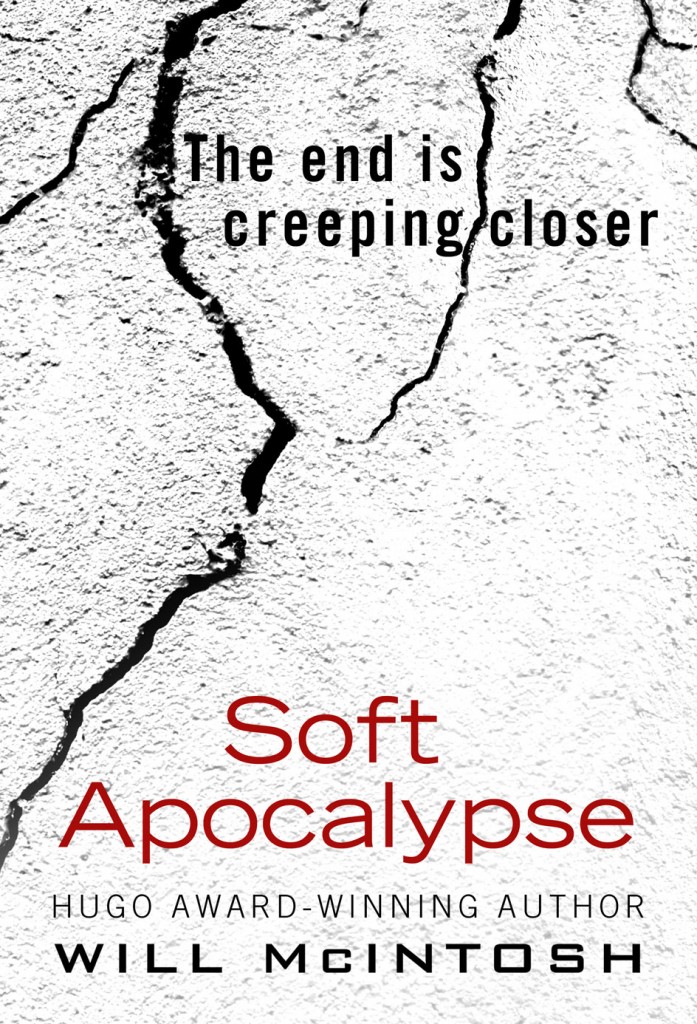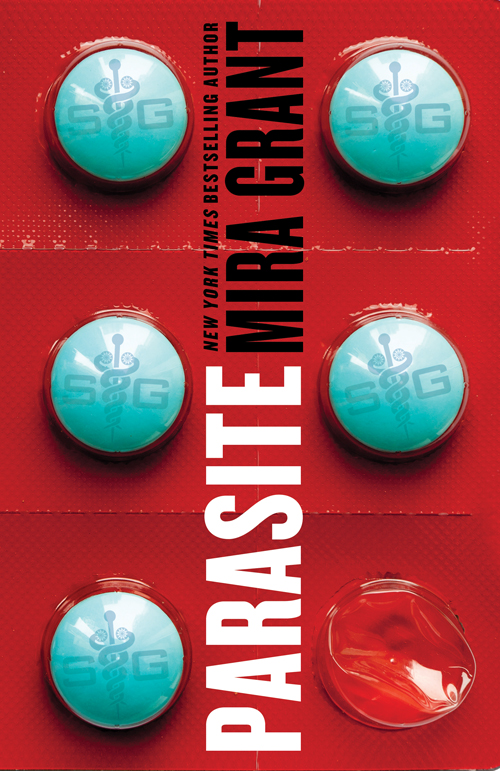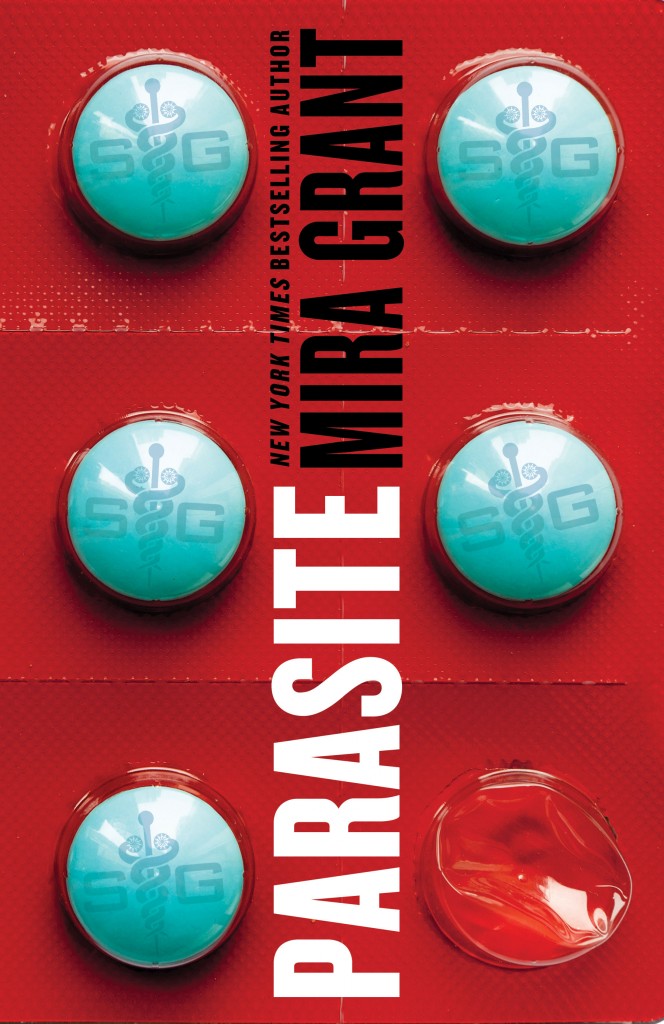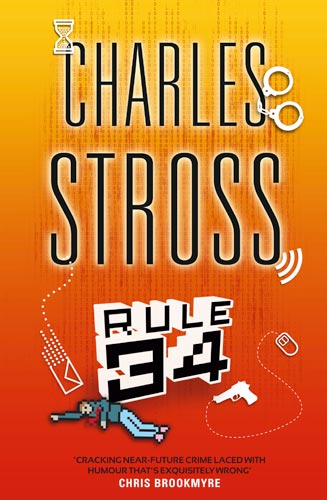 You might have noticed a new name starring on the Orbit schedule for next year: the phenomenal talent Will McIntosh.
You might have noticed a new name starring on the Orbit schedule for next year: the phenomenal talent Will McIntosh.
Why we think he’s exceptional – why we were all desperate for him to join the Orbit list – is that he writes not only ground-breaking science fiction, but also some of the most moving, touching, and simply human stories you’ll ever read. They’ve affected me deeply – and I can’t imagine how anyone could read his novels without being equally entertained and moved.
So perhaps it’s no surprise that Will already has a Hugo Award to his name, as well as nominations for the Nebula, Locus, John W. Campbell and Compton Crook awards.
Next June, Orbit is launching a worldwide release for Will’s novel LOVE MINUS EIGHTY, a spectacular full-length novel based on Will’s Hugo Award-winning short story, BRIDESICLE. It imagines love and loss 100 years into the future, in a world where technology has reached the outer limits of morality and romance. Check out the cool cover above.
 However, we know that it’s a long time to wait till June to see just what kind of stunning fiction this author is producing. So this December, in the UK, Australia and New Zealand we’re releasing ebook editions of two titles previously only released in the US: SOFT APOCALYPSE and HITCHERS. They’ll both be available to buy digitally on 6th December 2012.
However, we know that it’s a long time to wait till June to see just what kind of stunning fiction this author is producing. So this December, in the UK, Australia and New Zealand we’re releasing ebook editions of two titles previously only released in the US: SOFT APOCALYPSE and HITCHERS. They’ll both be available to buy digitally on 6th December 2012.
SOFT APOCALYPSE, which was nominated for the Locus, John W. Campbell and Compton Crook Awards, is Will’s debut novel. It asks the question: what if the world isn’t destined to end as we always imagined it – in explosive, dramatic fashion – but what if instead, humanity is set to just slowly crumble?
Following Jasper and his nomadic tribe, a group of formerly middle-class Americans, the novel sees a world going from bad to worse – and then worse still. Resources keep getting scarcer, people keep getting poorer, and the fabric of society is slowly disintegrating.
This account of a severe decline is highly intelligent and chillingly realistic. But at the heart of the tale is a very human, touching story about how a normal guy tries to make ends meet and find love in the dangerous new place his world has become.
HITCHERS is something rather different, but with an equally engrossing human story at its core. It’s a chilling supernatural thriller in which both horror and dark humour collide.
When an act of terrorism kills hundreds of thousands in Atlanta, USA, Finn Darby is lucky enough to survive the attack. But Finn soon develops a disturbing affliction – when he starts to blurt things out in a strange voice beyond his control. And it seems he’s not the only one experiencing this problem – in fact thousands of people are suffering from the same affliction.
Either all of Atlanta is having a mass psychological breakdown, or else the dead are returning to possess the living . . .
So there are many different ways to enjoy the exceptional writing of Will McIntosh. And don’t forget that Orbit fans worldwide can also get a very quick taster of what Will’s writing with his Orbit Short Fiction title THE PERIMETER. It’s a chilling tale about the planet Clay and the perimeter fence that keeps its strange creatures at bay. One unlucky woman is about to discover just what lives beyond it . . .







